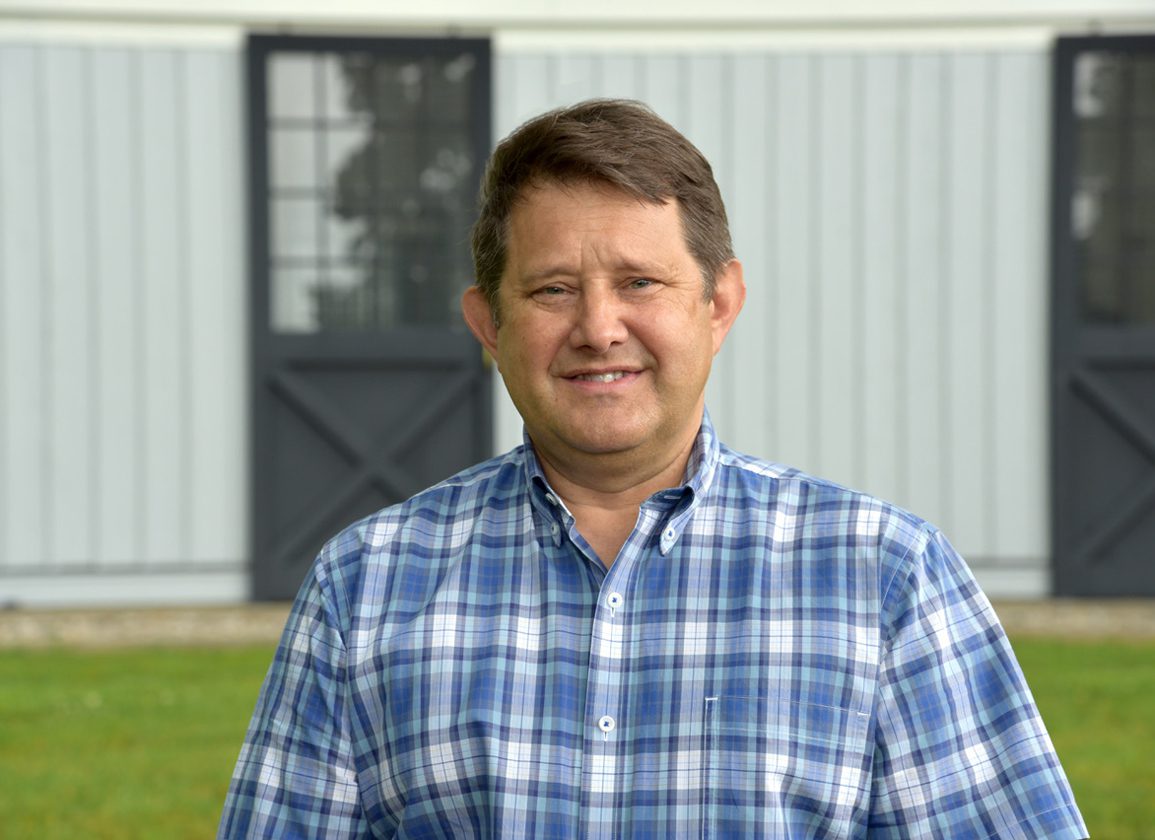By Dan Ross
The Horseracing Integrity and Safety Authority (HISA) and Horseracing Integrity and Welfare Unit (HIWU) have opened an investigation into the University of Kentucky's Equine Analytical Chemistry Laboratory's performance, according to a joint statement Tuesday by the agencies.
On the 16th of last month, HIWU stopped sending samples to the UK Lab. Prior to that, the laboratory had been one of six drug testing facilities used under HISA's anti-doping and medication control (ADMC) program.
Last week, Scott Stanley officially stepped down from his position as the UK Lab's director and has been reassigned within the university.
HISA and HIWU are also cooperating with the university's own investigation into the matter, according to Tuesday's joint statement.
“On Tuesday, February 13, leadership from HISA, HIWU, and the University of Kentucky met in person to discuss concerns with the performance of the University of Kentucky Equine Analytical Chemistry Laboratory (UK Lab),” reads to the joint statement.
“At this time, HISA and HIWU were informed by the university that it was conducting an ongoing personnel investigation relating to Dr. Scott Stanley, the director of the UK Lab, and Dr. Stanley was not permitted to be in direct communication with the other staff at the laboratory,” the joint statement read. “The university also expressed staffing concerns related to the laboratory's operations.”
It is currently unclear, however, what the specific nature of the investigations entail.
Earlier on Tuesday, Stanley told the TDN that he stepped down from the position in part due to delayed turnaround times of samples, issues with the chain of custody handling of samples, along with communication issues with HIWU.
“There were ongoing communication problems, getting data from the client and communicating results back,” Stanley said, about the UK lab's working relationship with HIWU.
According to Stanley, HIWU stopped sending samples to the UK Lab with no prior notification given.
In a statement, a university spokesperson wrote that Stanley remains a member of the UK faculty and that his position has been reassigned for him to “expand the scope of his research program and focus on industry priorities.”
The spokesperson added, “We are moving quickly to name an interim director as part of our commitment to the important work conducted at the lab. During this interim period, we have taken the appropriate steps to refer samples to other equipped laboratories for a complete analysis.
“We will, in the near future, announce plans for how we will search for a permanent director. Our commitment is to provide outstanding service on behalf of the horse industry. That commitment is something we are continually striving to honor.”
According to Stanley, the UK lab handled roughly 800 blood and 800 urine post-race samples a month, and approximately 600 additional blood samples monthly, associated with TCO2, vets' list and out-of-competition testing.
Since Feb. 16, all samples collected in Kentucky and Florida that previously would have been analyzed by the UK Lab have been redirected to Industrial Laboratories in Colorado “indefinitely,” according to HISA and HIWU's joint statement.
“Going forward, HISA and HIWU are fully confident in the ability of Industrial Laboratories to handle the increased volume of samples and ensure that all samples are processed and analyzed in compliance with the ADMC Program,” the statement read.
These developments mark the latest twist in HISA's efforts to build an efficient and uniform drug testing program from a previously fractured lab testing environment.
The TDN reported last year that a variety of differences between the laboratories–from different testing equipment to different testing methodologies to different sets of staff interpreting the results–mean that they screen for different numbers of substances, and have varying abilities to screen for the same substances, outside of some 300 core analytes.
“HISA and HIWU remain steadfast in our commitment to promoting the highest levels of safety, integrity, and welfare in Thoroughbred racing. As part of this commitment, we continually evaluate our partner laboratories through an external quality assurance program, as well as internal assessments,” their joint statement read, on Tuesday.
“For the benefit of all human and equine stakeholders, laboratories who fail to satisfy our requirements will be removed from service in the ADMC Program.”
Not a subscriber? Click here to sign up for the daily PDF or alerts.






